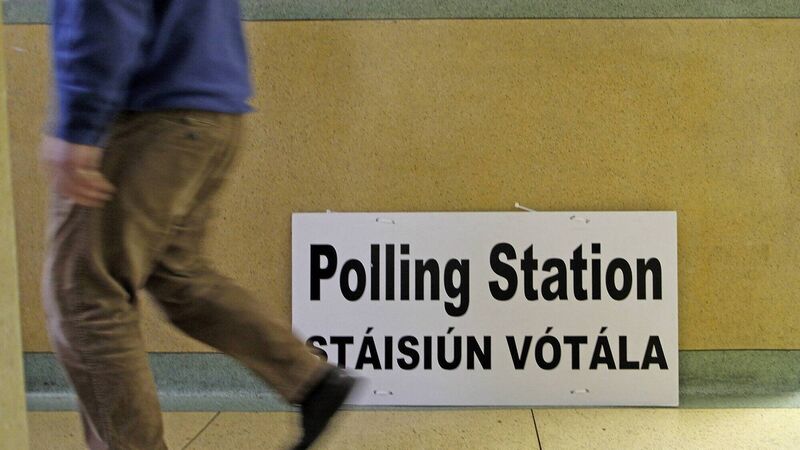Government could call a general election in November to benefit from budget bounce

One key consideration for the Coalition in terms of election timing is that Sinn Féin is consistently polling as the country’s most popular party. Stock picture
Try from €1.50 / week
SUBSCRIBEGovernment ministers are already discussing the possibility of an early election, with senior sources saying it could be as early as November 24.
Several ministers and senior coalition sources have told the Irish Examiner an election could follow quickly after October’s expected giveaway budget.
Already a subscriber? Sign in
You have reached your article limit.
Annual €130 €80
Best value
Monthly €12€6 / month
Introductory offers for new customers. Annual billed once for first year. Renews at €130. Monthly initial discount (first 3 months) billed monthly, then €12 a month. Ts&Cs apply.
CONNECT WITH US TODAY
Be the first to know the latest news and updates
Newsletter
From the corridors of power to your inbox ... sign up for your essential weekly political briefing.

Select your favourite newsletters and get the best of Irish Examiner delivered to your inbox
Friday, February 13, 2026 - 10:00 PM
Saturday, February 14, 2026 - 7:00 AM
Saturday, February 14, 2026 - 12:00 AM
© Examiner Echo Group Limited